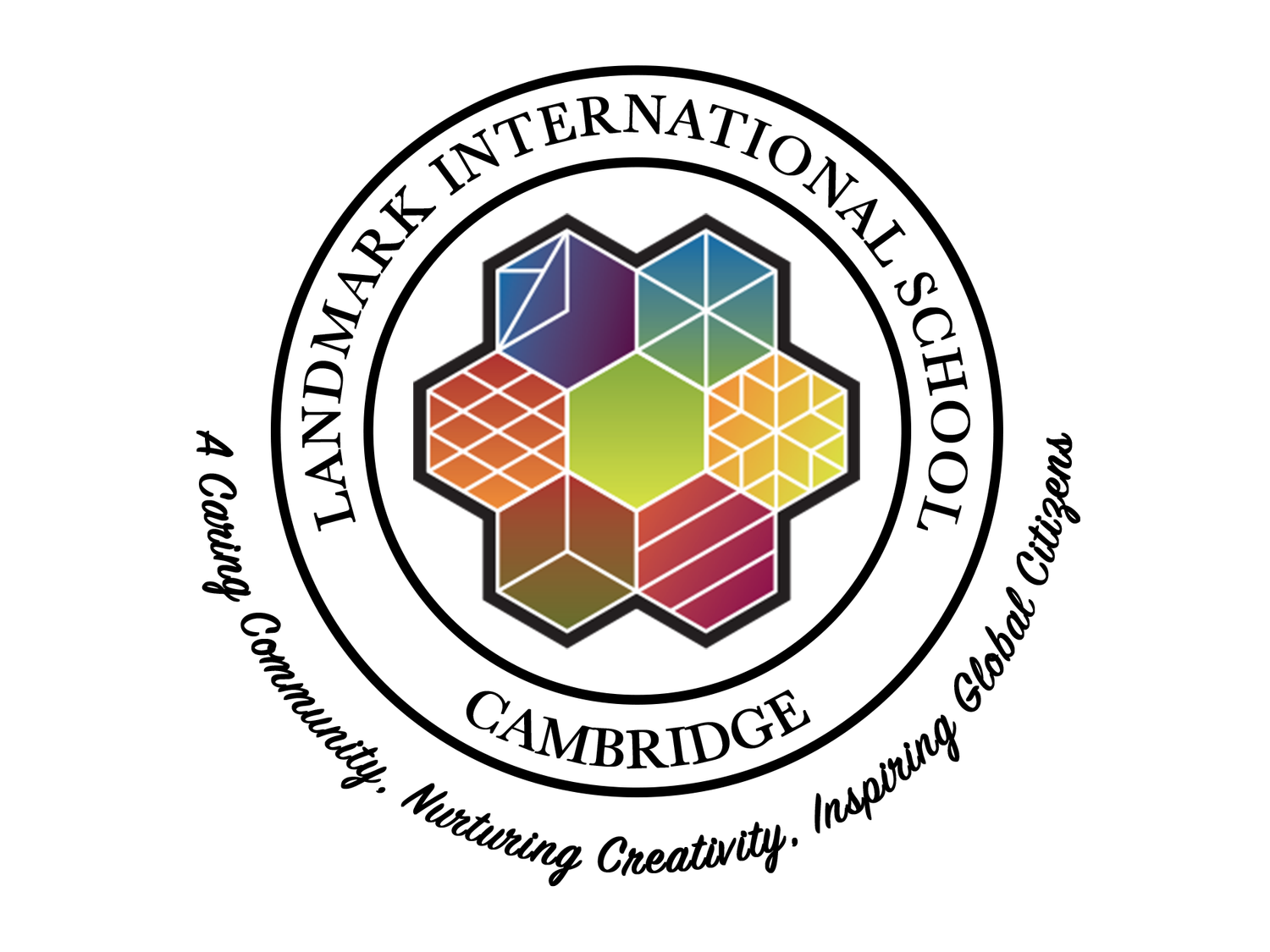Year 5 Explores Digital Citizenship
Digital Citizenship: Responsibility, Causation & Connection in the Online World
During the last term, our Year 5 learners embarked on a meaningful and timely IB PYP Unit of Inquiry under the transdisciplinary theme Who we are. With the central idea “Users are responsible for their digital footprint,” students explored the responsibilities and realities of living in an increasingly digital world.
Through three conceptual lenses—Responsibility, Causation, and Connection—students built understanding, shared reflections, and created powerful messages to share with their community.
Responsible Use of Digital Technology (Responsibility)
Students began the unit by asking important questions: How do we stay safe online? What information should never be shared? What does it mean to act responsibly on the internet? To deepen their understanding, we welcomed community digital safety experts who shared real-world advice about online privacy, scams, and how our digital footprints are formed.
One student captured it perfectly:
“I have learned that I have to think twice if I want to share something online. There are things like my personal identity that I can’t share. If we did that, people would know where I live and other stuff they shouldn't know.”
Others recognised how dangerous irresponsible behavior online can be:
“There are scammers, hackers, and more evil people in the World Wide Web. I learned not to post personal information—if a hacker sees it, they might steal money.”
“It’s important because the police can arrest you for improper messages. So I’ve learned to always think about what I’m saying online.”
As part of our inquiry into digital responsibility, students also took on the challenge of identifying fake news—a critical 21st-century skill. Through activities comparing news headlines, analysing sources, and asking guiding questions, learners developed their media literacy skills.
“I also learned about fake news. This is important because when we believe fake information, it will confuse other people.”
This line of inquiry helped students develop clear strategies for protecting themselves and others in digital environments—and gave them the tools to make thoughtful decisions online.
The Impact of Cyberbullying (Causation)
As the inquiry moved into causation, Year 5 students explored how negative behaviour online, like cyberbullying, can have lasting emotional effects.
“We wrote books about cyberbullying to show younger children why it’s not okay. We wanted them to understand the causes and impact,” one student shared.
“Cyberbullying is when you send mean messages to others online. If people don’t know what it is, they can feel very confused or sad.”
Students thoughtfully reflected on their own learning:
“I used thinking skills to understand how younger people can learn about cyberbullying. I had to think about how to explain it clearly.”
“When we were writing our cyberbullying books, my brain was exploding because I had to think about the writing, the pictures, the title, and much more!”
This process not only deepened their understanding of empathy and digital responsibility, but also allowed them to develop their communication and creative thinking skills.
Using Technology to Connect (Connection)
After investigating potential risks, students turned their focus to how digital technology can positively connect people across the globe.
“Being a good digital citizen helps me speak with people online. If we are kind, people can open their minds—and sometimes even become friends!”
“I thought a good digital citizen will help me to connect with people in a safe and fun way. If we don’t know how to be safe online, we might get scammed or tricked.”
These reflections highlight the importance of being respectful and principled—not only to protect ourselves, but to build meaningful, global relationships.
Developing Thinking and Communication Skills
This unit gave students many opportunities to strengthen their Approaches to Learning thinking and communication skills:
“I used thinking skills to stay safe online because it can become dangerous when we are not responsible.”
“I used communication skills to talk about our cyberbullying book and how it affects people.”
“We made storybooks and shared them with younger students so they can understand cyberbullying and know not to do it.”
Students didn’t just learn about digital citizenship—they actively practiced it by sharing knowledge with others.
Living the Learner Profile
Throughout the unit, students demonstrated many IB Learner Profile traits:
Principled: “I’ve been principled to others because I needed to use my social skills and be respectful online.”
Knowledgeable: “I already knew a lot about being kind to others online—and I shared that with my classmates.”
Thinker: “I used thinking skills to understand the connection between digital citizenship, social media, and cyberbullying. I also thought about how to stop cyberbullying when it happens.”
These reflections show how deeply students connected with the unit, applying their learning in thoughtful, real-world ways.
Final Thoughts
This unit on Digital Citizenship empowered our Year 5 students to be thoughtful, responsible, and ethical users of technology. They’ve learned that their choices online matter—and that digital tools, when used wisely, can create connection, understanding, and positive change.
We are so proud of the maturity, reflection, and action taken by Year 5—and we encourage families to continue these conversations at home. Together, we’re shaping a generation of principled and caring global citizens—both offline and online.
